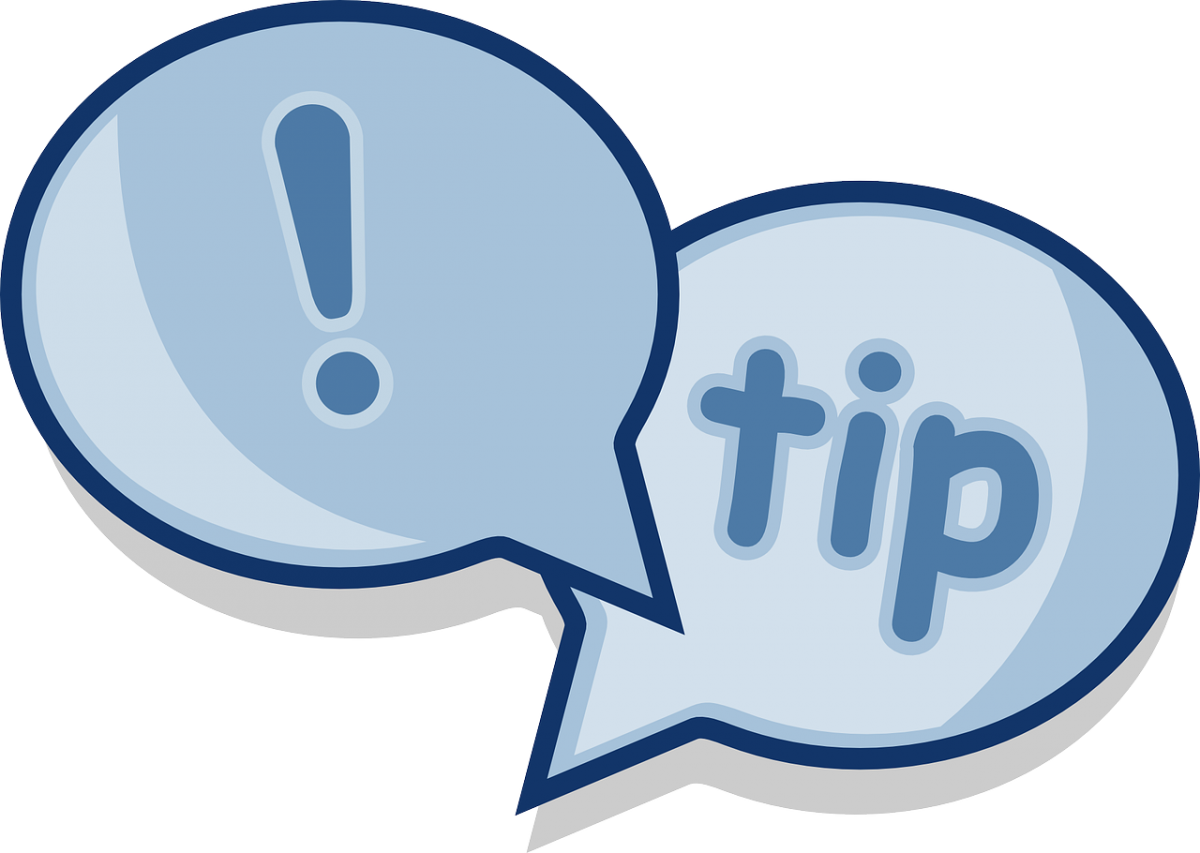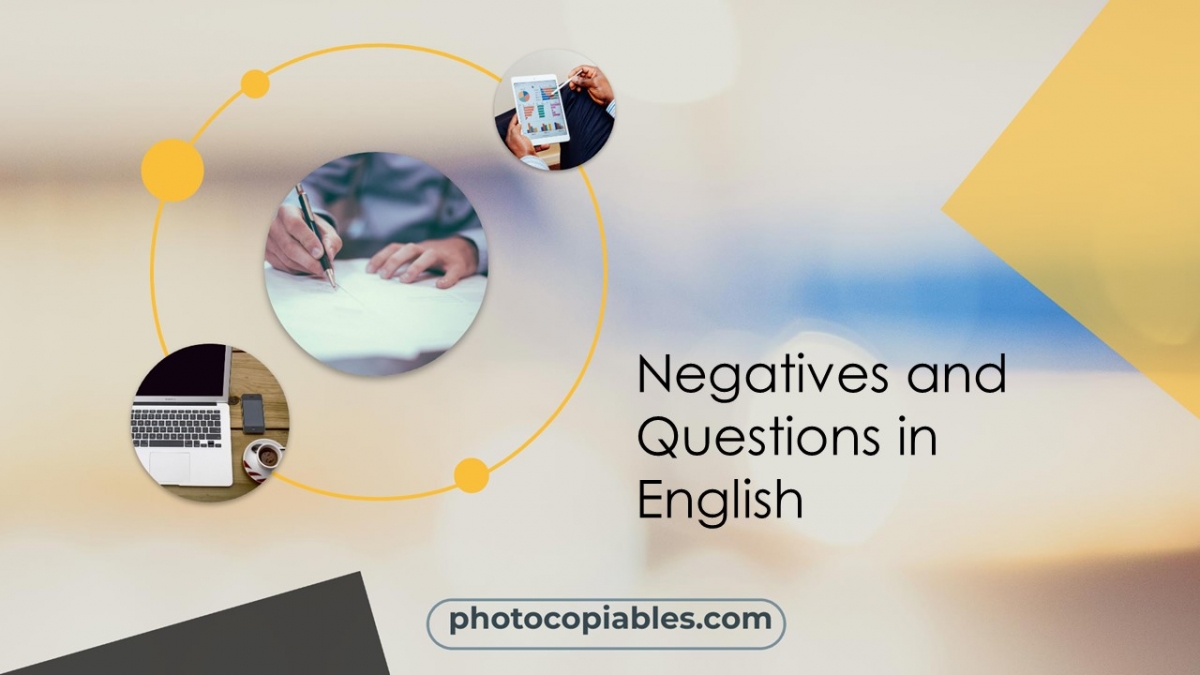Negatives and questions in English forms follow almost the same formula. In all action verb sentences, helping verbs play the most important role. In sentences with to be verbs, there isn't any helping verb.
How do we form negative sentences in English?
We only need "not" next to the helping verb or "to be" verb in a sentence to make the sentence negative. The short form is "n't".
For example...
She is not (isn't) beautiful.
He does not (doesn't) need any help in this matter.
We have not (haven't) met before.
They were not (weren't) late to the concert!
Why do not (don't) we go to the cinema tonight?
 Always use the short form (contracted form) in spoken English and written English, except formal English and sentences when you want to make an emphasis. Always use the short form (contracted form) in spoken English and written English, except formal English and sentences when you want to make an emphasis. |
How do we form questions in English?
There is a play with the helping verb and the subject in the sentence order. We put the subject between the main verb and the helping verb in the question. In the 'to be' verb sentences we just swap the places of 'to be' and the subject in the question form.
For example...
Are you thirsty?
Is your house in this district?
Does she like pizza?
Have you and Mary got a ruler?
Will Maggie be at home at nine?
Have Tim and John ever written a poem?
Did Tom finish his essay?
What are the helping verbs in English?
Helping verbs are very similar except future tense. They are the different forms of be, do, and have.
For example...
In Present Simple tense, the helping verbs are: do or does. In Present Continuous tense, the helping verbs are: am, is or are
 The verb "do" function as a helping verb. It also has a meaning as a verb. For negatives and questions in English you can use "do" in two places: "Do you do your homework daily?", "I don't do any sport these days." The verb "do" function as a helping verb. It also has a meaning as a verb. For negatives and questions in English you can use "do" in two places: "Do you do your homework daily?", "I don't do any sport these days." |
In positive short answers, the contracted (short form) is not possible.
For example…
Are you thirsty?
Yes, I’m > Yes, I am.
Is he at home?
Yes, he’s. > Yes, he is.
What about personal pronouns?
There are mainly two groups of personal pronouns which go with different helping verbs: Third personal pronouns and the rest.
| Pronouns and helping verbs | |
| I | am, do, have, was |
| He/she/it | is, does, has, was |
| you/we/they | are, do, have, were |
Example conjugation for Present Simple tense
I don't like English.
Jane doesn't wake up early in the morning.
Jane and Mike don't travel a lot in summer.
Do you like English?
Does Jane wake up early in the morning?
Do Jane and Mike travel a lot in summer?






